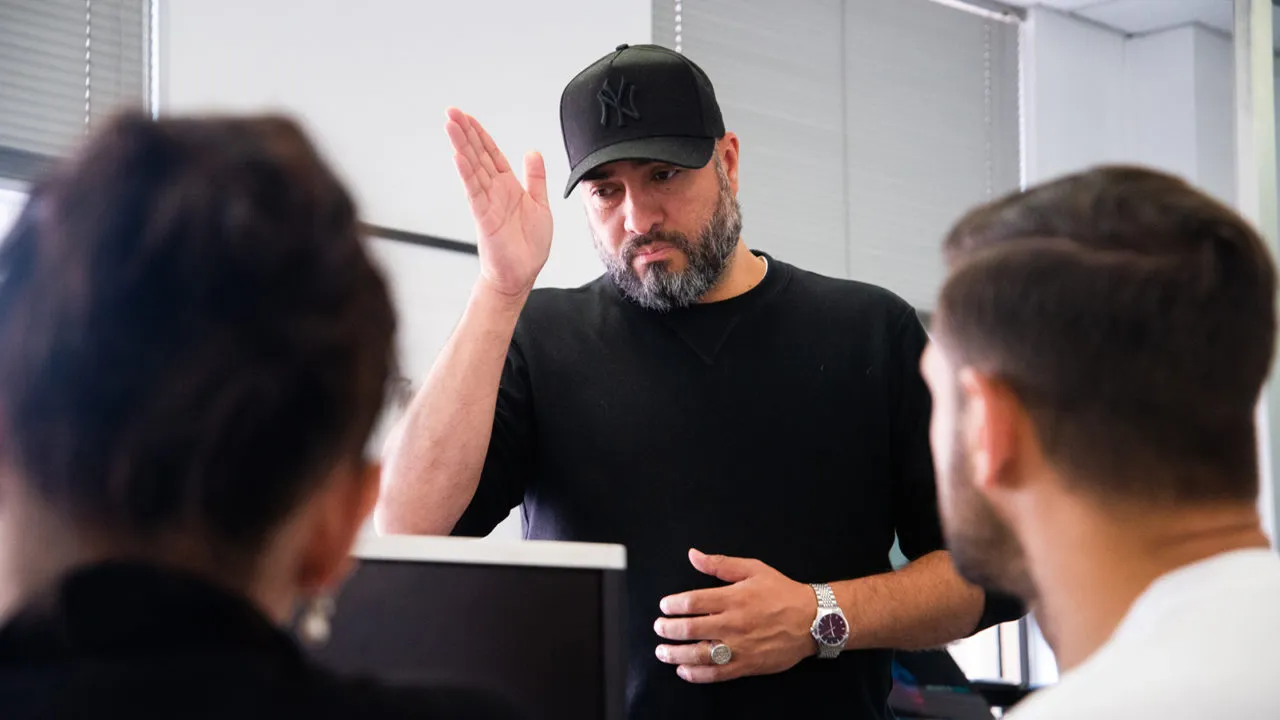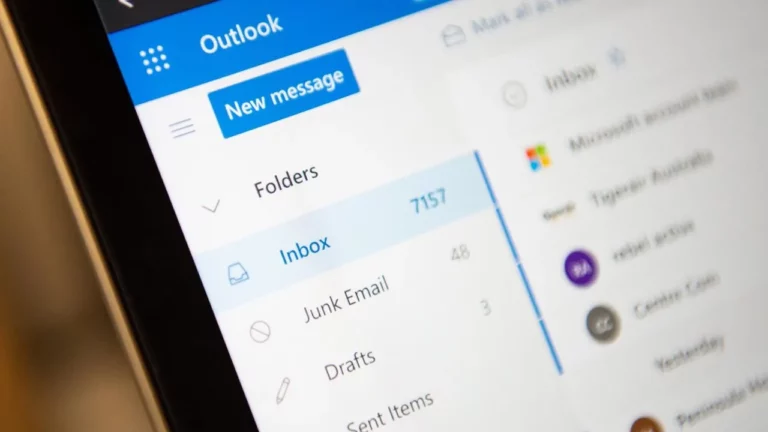Keeping A Business Running During COVID-19
With all kinds of businesses creatively learning to adapt within the coronavirus pandemic, we asked our OITC Founders to share the most valuable lessons they have learnt so far on how to keep a business running through challenging phases such as a global pandemic.
Lesson 1: Don’t panic, but prepare for the worst
Our first key learning was to stop, breathe, reduce the panic and create a tight plan that addresses the likely challenges we are going to face in the short and long term because of COVID-19.
And now that we’re completely in the thick of it and can see the short term effects, it’s been essential to our day-to-day to have a system in place that allows for seamless communication between us and our clients, employees, and our wider database.
We’ve found that by communicating a plan before trouble strikes (such as new restrictions on business) have helped in the immediate aftermath allowing for staff to be able to focus their energy on execution, rather than getting stuck in decision-making during a stressful time.
Lesson 2: Be adaptable
It’s no secret that adaptability is a crucial element for all businesses.
Given we’re in the tech world, it had always been a core component in staff training here at OITC and is intended to make our staff more adaptable, creative and able to use critical thinking processes to solve challenges. But even the most tractable business would be forgiven for struggling to adapt to the current global pandemic.
Here’s our advice for quickly becoming adaptable:
- You cannot predict the future – so let go of any attachments you may have to fixed financial goals.
- Think outside the box – explore different avenues for fostering creativity.
- Identify core competencies and capabilities within your team- the put them to use.
- As a team, asses what are the opportunities exist right now? How can you modify what you used to offer to meet the needs of clients right now? Who or what is critical to starting these opportunities for you?
Remember to modify as you go and don’t let the disruptions prevent you from moving forward. The brands who can let go of their preceding plans and embrace the new environment ahead will thrive.
Lesson 3: Resilience is a requirement, and right now it’s having a centre stage moment.
There has never been more of a test of our reliance in business than what we are all undergoing right now.
For us, resiliency techniques have always centred on the ability to cope well with pressure, adversity and uncertainty. We believe with the right training and conversations, anyone can learn those habits and create strategies to help increase resilience and hardiness.
Here’s what we’ve learnt during COVID-19:
- Even in difficult times, you need to keep coaching staff on the tools and techniques to help become more resilient
- Treat challenges as a learning process. Cultivate the habit of using challenges as opportunities to acquire or master new skills.
- Continue to celebrate and reward the successes of you and your team.
- Have a realistic view of current events, and place it in context. The pandemic will not last forever so use that as a reminder to keep things positive for you, your staff and clients.
Lesson 4: Five min meetings are ok NECESSARY
Because we’re all working from home, more businesses are finally embracing “agile” meetings and daily check-ins to make their teams more productive and effective.
OITC CEO Theo Kanellopolous, believes “the firm rule is to keep them under five minutes, forcing teams cut to the chase and make decisions on the spot, while it’s not ideal for all meetings when it comes to internal meetings that kind of efficiency forces people to keep themselves in check and have a clear purpose to what they’re offering.”
Lesson 5: Be across everything
As the situation develops, many small business owners are uncertain of what steps to take to mitigate risk. We propose you continue to be across everything.
Here is our checklist:
- Audit every expense & make a financial contingency plan
- Be across the GOV stimulus packages
- If you haven’t already, shift your sales strategy to online.
- Communicate proactively clients/partners and work out payment plans if needed.
- Establish a work from home policy for staff
- Most importantly, monitor the mental health of you and your staff.







